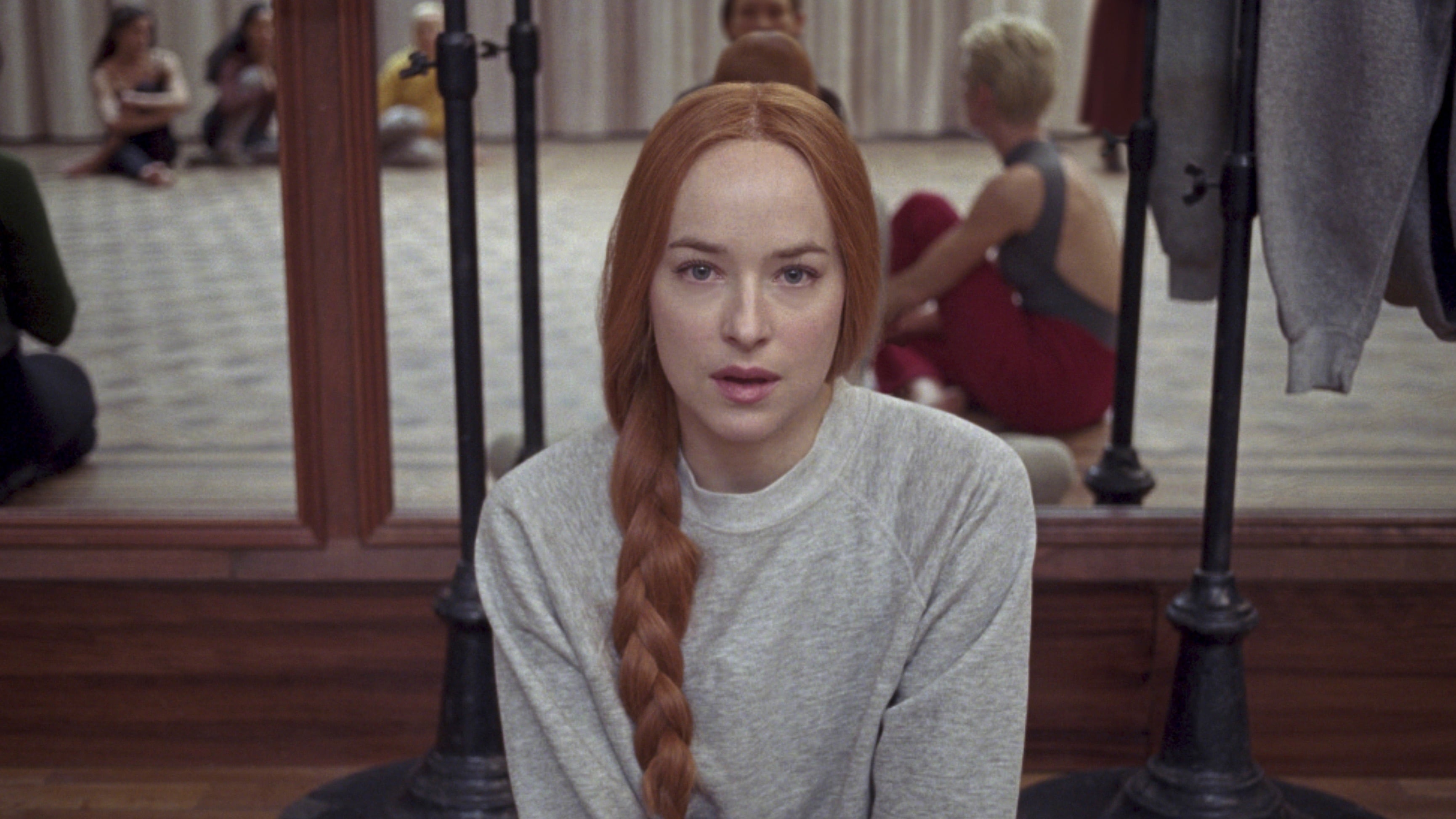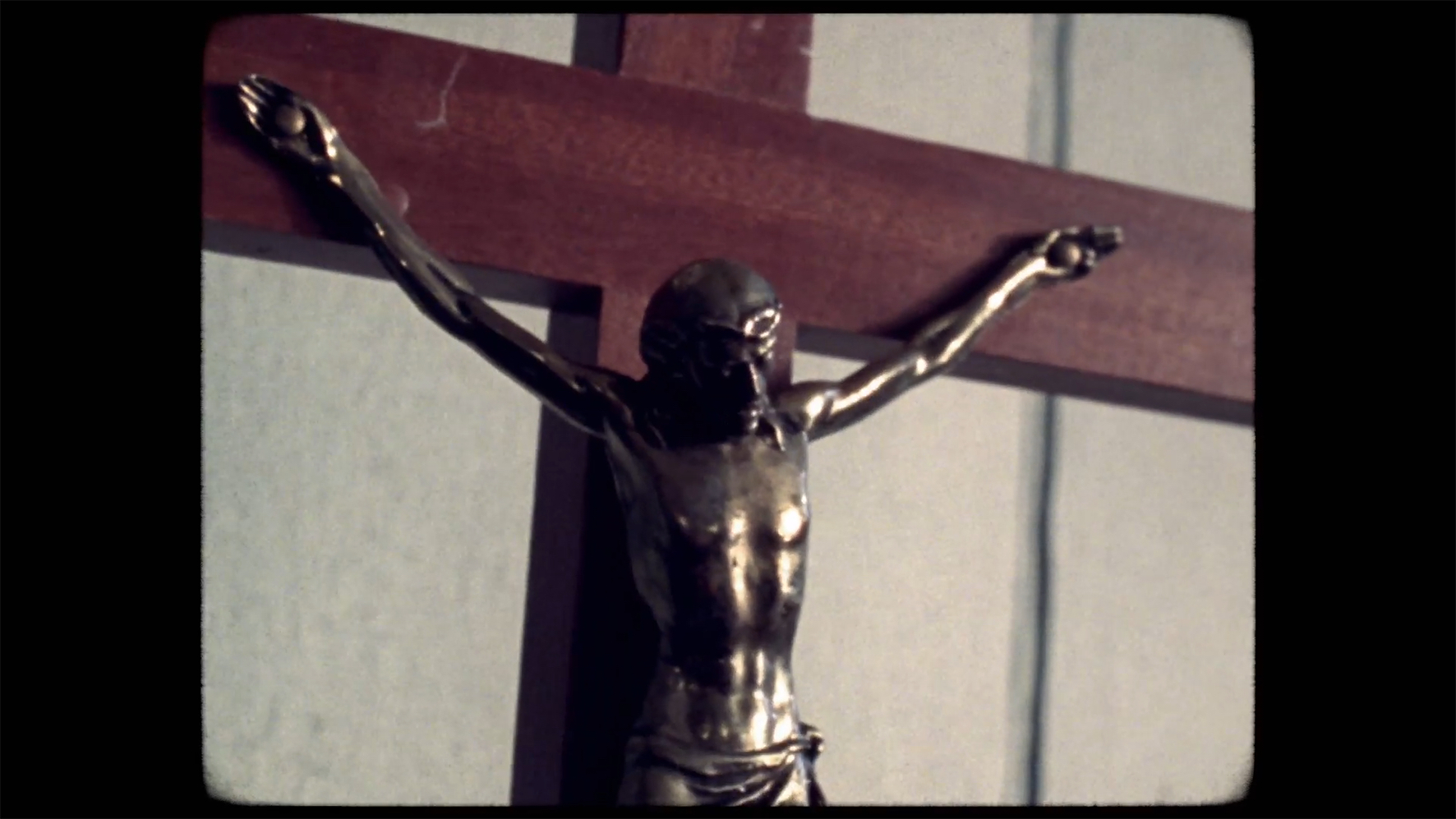It is with careful and skilled hands that a director approaches the remake of a film such as the genre-defining, visual masterpiece that is Dario Argento’s Suspiria. When Luca Guadagnino was announced as the director for the cult classic remake, the self-confessed Argento super fan asserted that his Suspiria would be an homage to the original rather than a direct copy. This new and original take on the 1977 Italian classic sees intertwining themes of political struggle and feminism permeating a close knit but divided witches’ coven who operate under the cover of a dance studio in post-war Germany. The film…
-
-
A pregnant woman in chains; the off-screen wailing of child spirits; close-ups of the Virgin Mary with lines of blood down her cheeks, weeping at the sights she sees. The Devil’s Doorway, a Northern Irish horror which last week screened in the Galway Film Fleadh, and received American release through IFC Midnight, is an efficient frightener with local colour and a dense, tight atmosphere of suffering, penance and punishment. You might call it Catholic guilt. The debut film from Belfast writer and director Aislinn Clarke, who lectures in Creative Writing at Queen’s University, and the first NI Screen-backed feature from…
-
What would you do if Hitler moved in next door? Two years ago the Foyle Film Festival screened Michael Beach Nichols and Christopher K. Walker’s documentary Welcome to Leith, a harrowing, stranger-than-fiction tale of Neo-Nazis trying to take over a tiny North Dakota town. I used to think about it about once a month. Now I think about it every day. Leith, Grant County is three square miles in size. You can fit the whole population in one train carriage. Its mayor is also the school bus driver. In 2012 it gets a new resident: a quiet, scraggy-haired older man…
-
Horror is about the violation of boundaries. To keep life tolerable we parcel up the world in our head, organising experience into handy categories, and the most familiar genre icons signal their disruption: alive/dead (zombies, Frankenstein’s monster), old/new (The Mummy), reality/dreams (Freddy Krueger), animal/man (werewolves). The puss and blood and inside-out, syrupy mess of body horror speaks to a primal fear about the loss of identity and self. Roman Polanski’s 1968 horror classic Rosemary’s Baby, adapted from Ira Levin’s hugely popular novel and screening in the Beanbag Cinema tonight, is organised around a series of boundary violations. Some of these…




